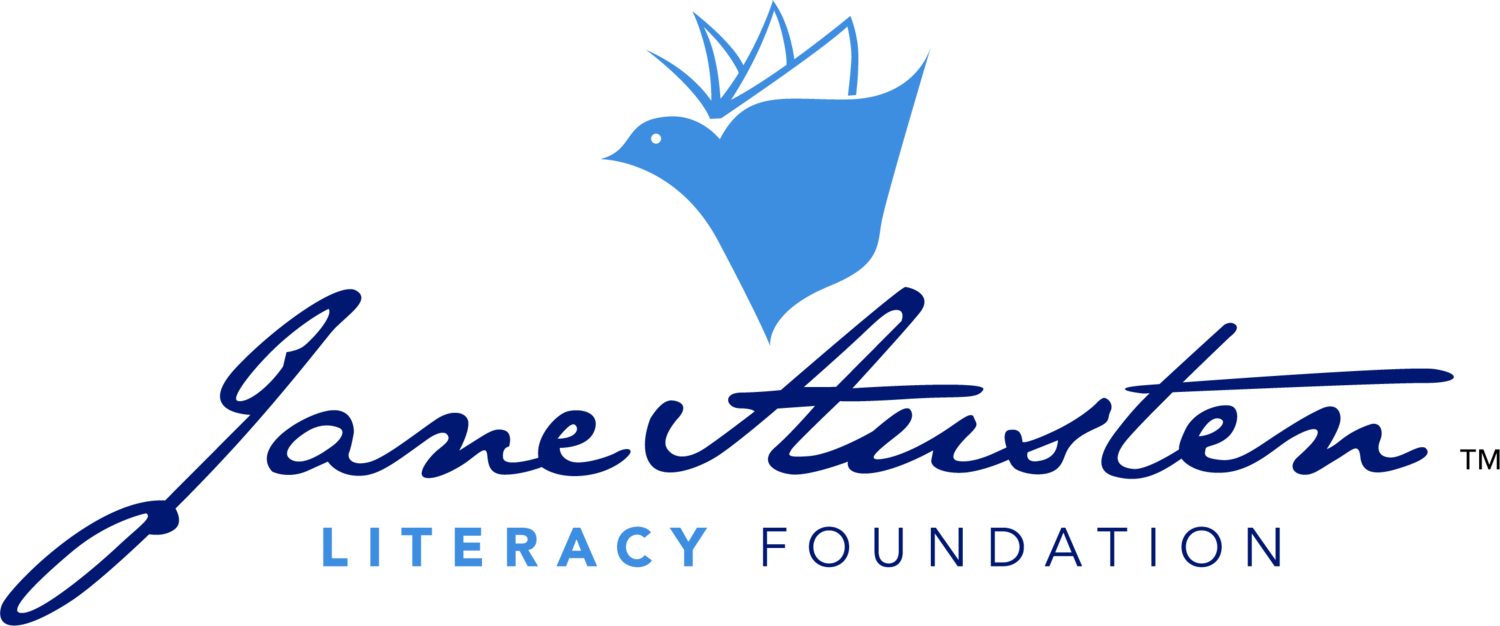literacy IS ESSENTIAL
No matter gender or circumstance, everyone has the right to learn basic literacy skills
Most of us are fortunate enough to receive an education and learn to read and write, paving the way for a hopeful future and a world of possibilities. Literacy is fundamental for learning and connecting with with the world. Reading and writing empowers individuals to connect with society, achieve their dreams and to experience the joy of a good book. But there are many communities where boys and girls do not receive an education, let alone learn basic literacy skills. What sort of future will those children have?
Jane Austen was a pioneer of her time, who used the technology available to learn through reading books and share her stories, and the Jane Austen Literacy Foundation embraces technology as a powerful literacy tool. E-libraries provide schools and communities with literacy teaching tools (as all can access the same book at the same time) and access to a wider range of text books and reading books.

